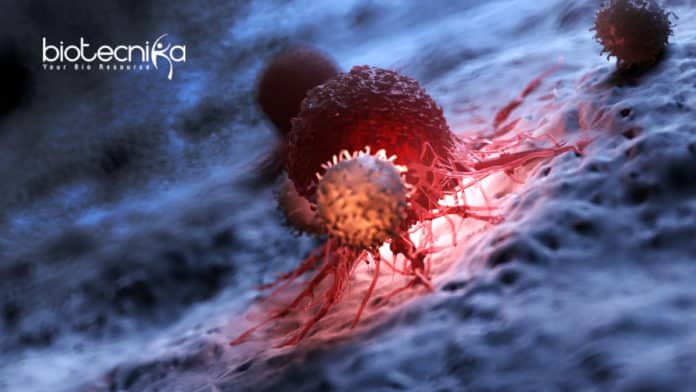CAR-T Cells Therapy- Leading The Next Cancer Breakthrough
CAR-T Cells also called the Super-Powered Immune Cells, is now being used to treat solid tumors, including small cell lung cancer, sarcomas, and triple-negative breast cancer.
The research is a part of the ‘CARPETS’– phase 1 clinical trial initiated by Professor Michael Brown, Director of the Cancer Clinical Trials Unit at the RAH. It was intended to treat advanced melanoma patients.
CAR-T cells are genetically modified white blood cells harvested from a patient’s blood with the unique ability to directly attack and kill cancers. The phase 1 clinical trial will test the feasibility and safety of CAR-T cells Therapy to treat advanced cancer.
The clinical trial is led by the Centre for Cancer Biology. It is an alliance between the University of South Australia, the Central Adelaide Local Health Network (CALHN) and the Royal Adelaide Hospital. Funding for the trial is provided by Cancer Council’s Beat Cancer Project and sponsored by CALHN.
Dr. Tessa Gargett from the University of South Australia is the led Scientist. She is in charge of manufacturing the CAR-T cell product and following the patients’ responses to treatment. Dr. Tessa Gargett is a Cancer Council Beat Cancer Project
Early Career Fellow from the Centre for Cancer Biology. She says the CAR-T Cells based immune therapy shows great potential for developing new cancer treatments.The benefit of CAR-T Cell Therapy in treating Cancer
Dr. Gargett says, Chimeric antigen receptor (CAR) T cells are a promising new technology in the field of cancer immunotherapy. She highlighted that CAR-T Cells work by increasing the power of the patient’s immune system to attack tumor cells. She added that scientists achieved various breakthroughs while treating chemotherapy-resistant blood cancers, but similar results were yet to be obtained in case of solid cancers.
Lincoln Size, Cancer Council SA Chief Executive said the study is a critical element in working towards the next cancer breakthrough. Size added that Cancer Council’s Beat Cancer Project and other community donations have resulted in over $15 million towards ground-breaking research initiatives. He said that advances in medical research allow scientists to treat cancers in a better way.
In collaboration with the University of South Australia, the RAH and CALHN are turning this groundbreaking immunological trials of treating solid cancers into a reality.
August 23rd is the Daffodil Day– the national day in Australia to donate towards cancer research. Money raised through Daffodil Day in Australia will go towards funding leading cancer research projects and trials.






























